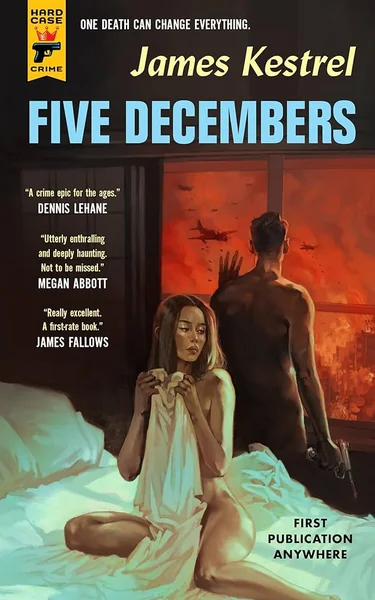
Joe McGrady was looking at a whiskey. It was so new the ice hadn’t begun to melt, even in this heat. A cacophony surrounded him. Sailors were ordering beers ten at a go, reaching past each other to light the girls’ cigarettes. Someone dropped a nickel in the Wurlitzer, and then there was Jimmy Dorsey and his orchestra. The men compensated for the new noise. They raised their voices. They were shouting at the girls now, and they outnumbered them. The night was just getting started, and so far they weren’t drinking anything harder than beer. They wouldn’t get to fistfights for another few hours. By the time they did, it would be some other cop’s problem. So he picked up his drink, and sniffed it. Forty-five cents per liquid ounce. Worth every penny, even if a three-finger pour took more than an hour to earn

I say a year, but really, I was at D Company for just over ten months. I joined on May 12, on the ninth anniverasry of the Wenchuan earthquake. My job was package handler at a hub in Shunde District, in Foshan, which at the time was the largest distribution center in the country. I only learned this after I left. Though the scale shocked me while I was there, I never really cared where the warehouse ranked nationally.
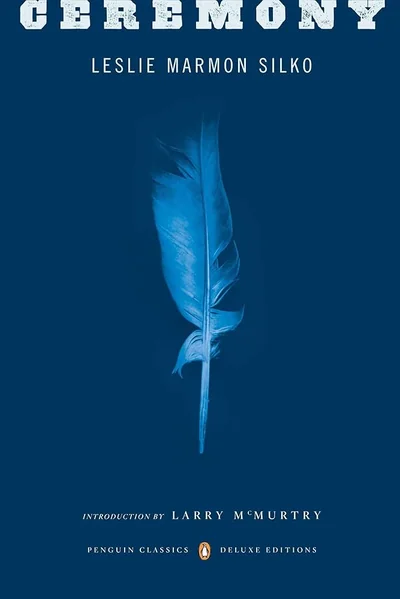
Tago didn't sleep well that night. He tossed in the old iron bed, and the coiled springs kept squeaking even after he lay still again, calling up humid dreams of black night and loud voices rolling him over and over again like debris caught in a flood. Tonight the singing had come first, squeaking out of the iron bed, a man singing in Spanish, the melody of a familiar love song, two words again and again, "Y volveré."
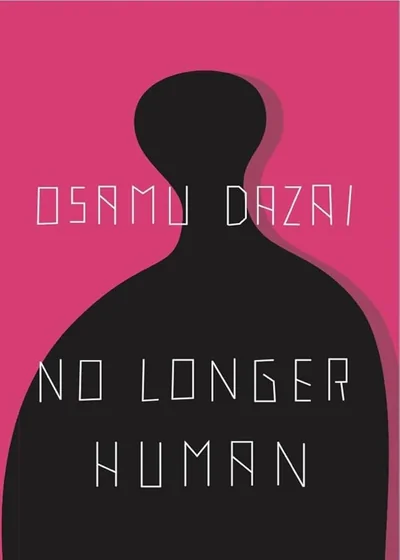
I have seen three pictures of the man.
The first, a childhood photograph you might call it, shows him about the age of ten, a small boy surrounded by a great many women (his sisters and cousins, no doubt). He stands in brightly checked trousers by the edge of a garden pond. His head is tilted at an angle thirty degrees to the left, and his teeth are bared in an ugly smirk.
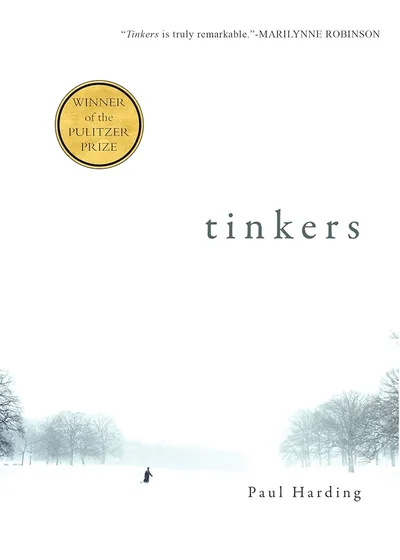
George Washington Crosby began to hallucinate eight days before he died. From the rented hospital bed, placed in the middle of his own living room, he saw insects running in and out of imaginary cracks in the ceiling plaster. The panes in the windows, once snugly pointed and glazed, stood loose in their sashes. The next stiff breeze would topple them all and they would flop onto the heads of his family, who sat on the couch and the love seat and the kitchen chairs his wife had brought in to accommodate everone. The torrent of panes would drive everone from the room, his grandchildren in from Kansas and Atlanta and Seattle, his sister in from Florida, and he would be marooned on his bed in a moat of shattered glass. Pollen and sparrows, rain and the intrepid squirrels he had spent half of his life keeping out of the bird feeders would breach the house.
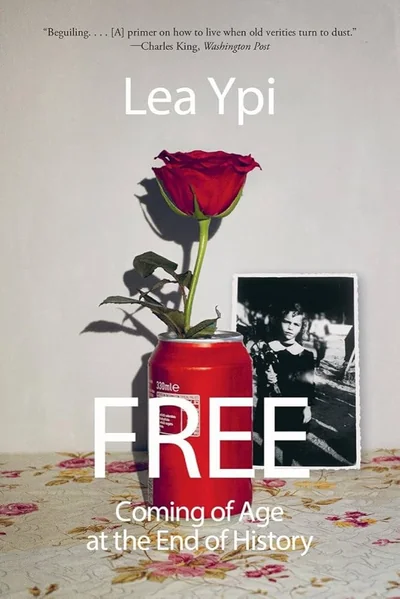
I never asked myself about the meaning of freedom until the day I hugged Stalin. From close up, he was much taller than I expected. Our moral education teacher, Nora, had told us that imperialists and revisionists liked to emphasize how Stalin was a short man. He was, in fact, not as short as Louis XIV, whose height, she said, they–strangely–never brought up. In any case, she added gravely, focusing on appearances rather than what really mattered was a typical imperialist mistake. Stalin was a giant, and his deeds were far more relevant than his physique.
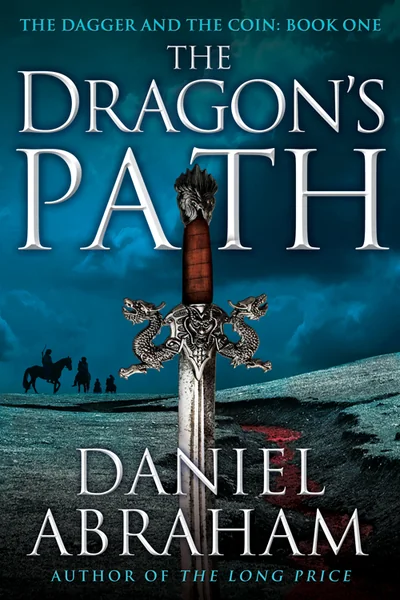
The apostate pressed himself into the shadows of the rock and prayed to nothing in particular that the things riding mules in the pass below him would not look up. His hands ached, the muscles of his legs and back shuddered with exhaustion. The thin cloth of his ceremonial robes fluttered against him in the cold, dust-scented wind. He took the risk of looking down toward the trail.
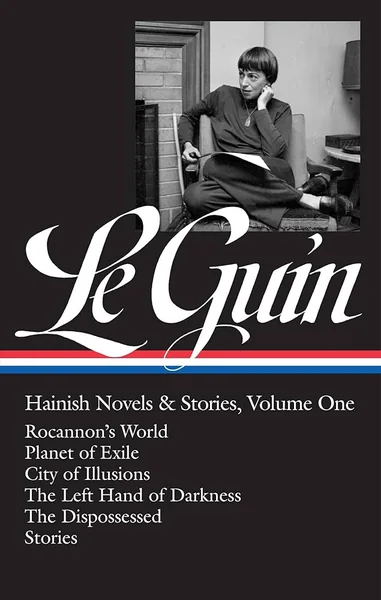
I'll make my report as if I told a story, for I was taught as a child on my homeworld that Truth is a matter of the imagination. The soundest fact may fail or prevail in the style of its telling: like that singular organic jewel of our seas, which grows brighter as one woman wears it and, worn by another, dulls and goes to dust. Facts are no more solid, coherent, round, and real than pearls are. But both are sensitive.
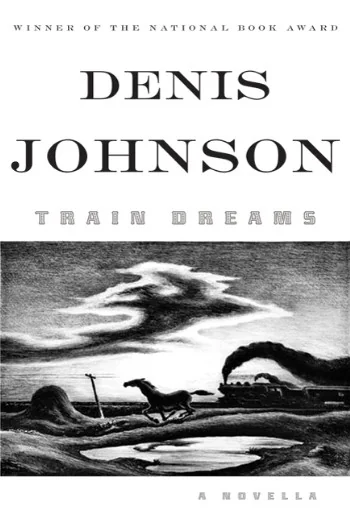
In the summer of 1917 Robert Grainier took part in an attempt on the life of a Chinese laborer caught, or anyway accused of, stealing from the company stores of the Spokane International Railway in the Idaho Panhandle.
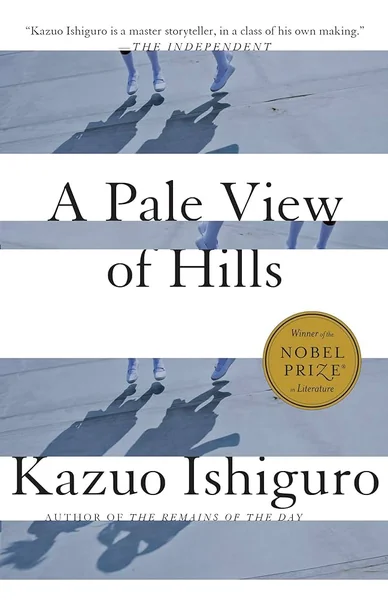
Niki, the name we finally gave my younger daughter, is not an abbreviation; it was a compromise I reached with her father. For paradoxically it was he who wanted to give her a Japanese name, and I — perhaps out of some selfish desire not to be reminded of the past — insisted on an English one. He finally agreed to Niki, thinking it had some vague echo of the East about it.
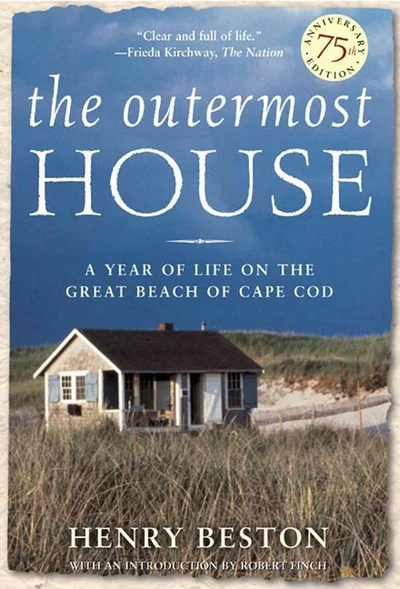
East and ahead of the coast of North America, some thirty miles and more from the inner shores of Massachusetts, there stands in the open Atlantic the last fragment of an ancient and vanished land.
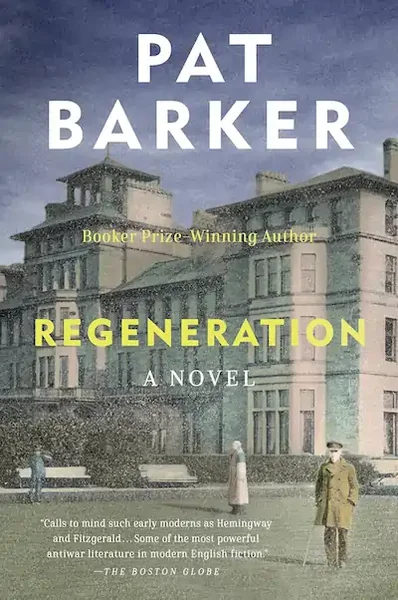
Finished with the War
A Soldier’s Declaration
I am making this statement as an act of wilful defiance of military authority, because I believe the war is being deliberately prolonged by those who have the power to end it.
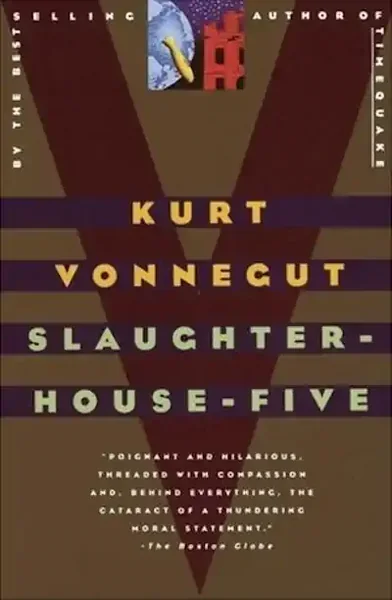
All this happened, more or less. The war parts, anyway, are pretty much true. One guy I knew really was shot in Dresden for taking a teapot that wasn’t his. Another guy I knew really did threaten to have his personal enemies killed by hired gunmen after the war. And so on. I’ve changed all the names.
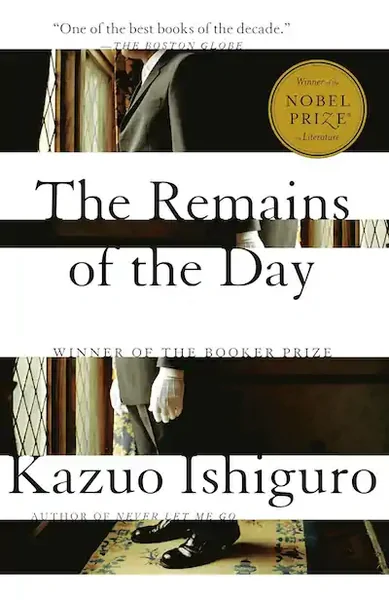
It seems increasingly likely that I really will undertake the expedition that has been preoccupying my imagination now for some days. An expedition, I should say, which I will undertake alone, in the comfort of Mr Farraday’s Ford; an expedition which, as I foresee it, will take me through much of the finest countryside of England to the West Country, and may keep me away from Darlington Hall for as much as five or six days. The idea of such a journey came about, I should point out, from a most kind suggestion put to me by Mr Farraday himself one afternoon almost a fortnight ago, when I had been dusting the portraits in the library. In fact, as I recall, I was up on the step-ladder dusting the portrait of Viscount Wetherby when my employer had entered carrying a few volumes which he presumably wished returned to the shelves. On seeing my person, he took the opportunity to inform me that he had just that moment finalized plans to return to the United States for a period of five weeks between August and September. Having made this announcement, my employer put his volumes down on a table, seated himself on the chaise-longue, and stretched out his legs. It was then, gazing up at me, that he said:
"You realize, Stevens, I don’t expect you to be locked up here in this house all the time I’m away. Why don’t you take the car and drive off somewhere for a few days? You look like you could make good use of a break"
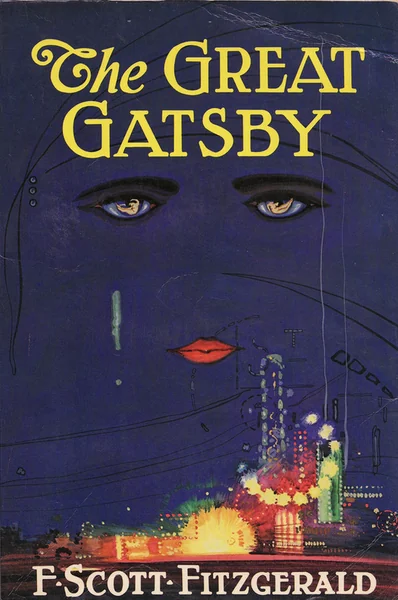
In my younger and more vulnerable years my father gave me some advice that I’ve been turning over in my mind ever since.
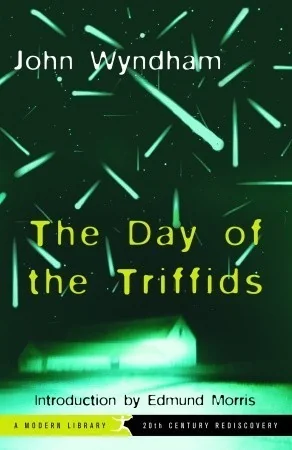
When a day that you happen to know is Wednesday starts off by sounding like Sunday, there is something seriously wrong somewhere.
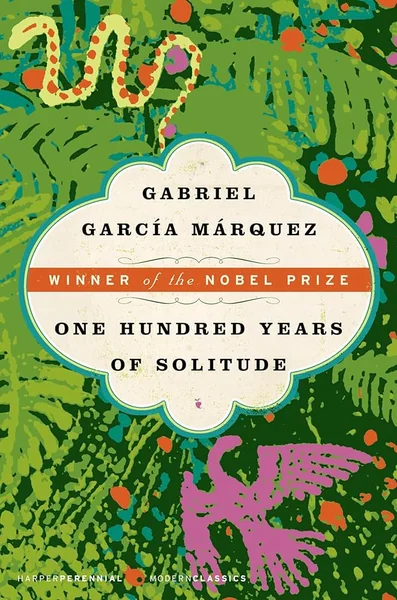
Many years later, as he faced the firing squad, Colonel Aureliano Buendía was to remember that distant afternoon when his father took him to discover ice.
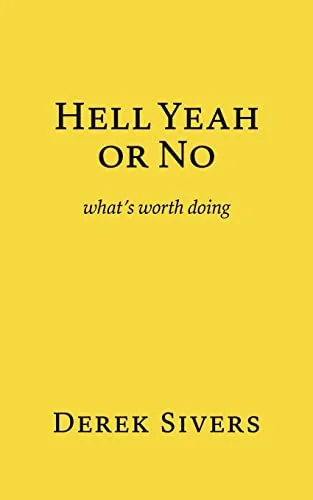
You know that feeling you have after a big meal? When you’re so full that you don’t want anything more?
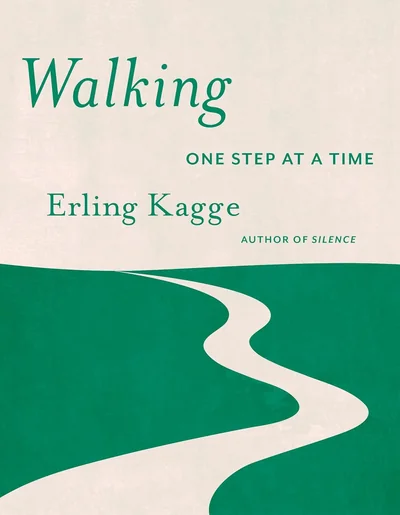
One day, my grandmother was no longer able to walk.
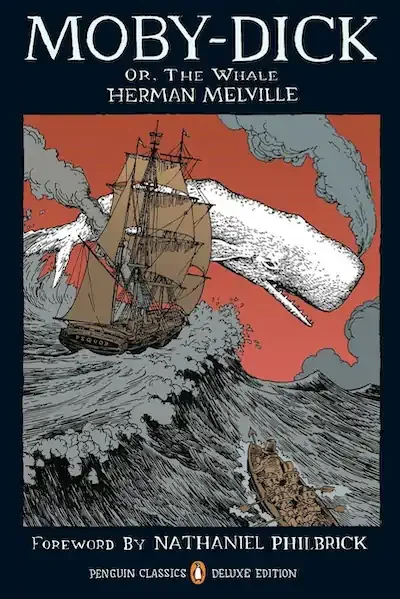
Call me Ishmael. Some years ago — never mind how long precisely — having little or no money in my purse, and nothing particular to interest me on shore, I thought I would sail about a little and see the watery part of the world. It is a way I have of driving off the spleen and regulating the circulation. Whenever I find myself growing grim about the mouth; whenever it is a damp, drizzly November in my soul; whenever I find myself involuntarily pausing before coffin warehouses, and bringing up the rear of every funeral I meet; and especially whenever my hypos get such an upper hand of me, that it requires a strong moral principle to prevent me from deliberately stepping into the street, and methodically knocking people’s hats off — then, I account it high time to get to sea as soon as I can. This is my substitute for pistol and ball. With a philosophical flourish Cato throws himself upon his sword; I quietly take to the ship. There is nothing surprising in this. If they but knew it, almost all men in their degree, some time or other, cherish very nearly the same feelings towards the ocean with me.